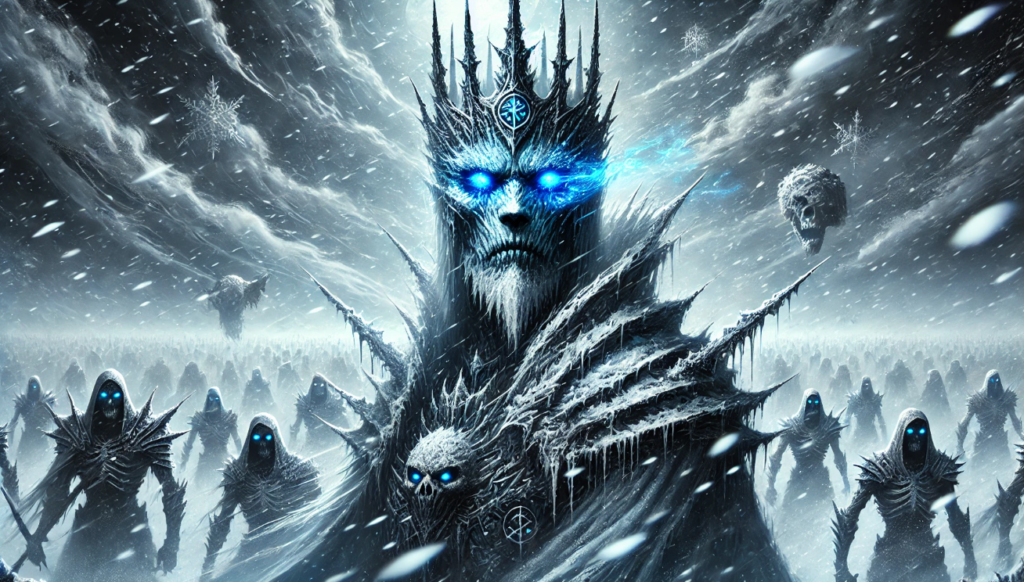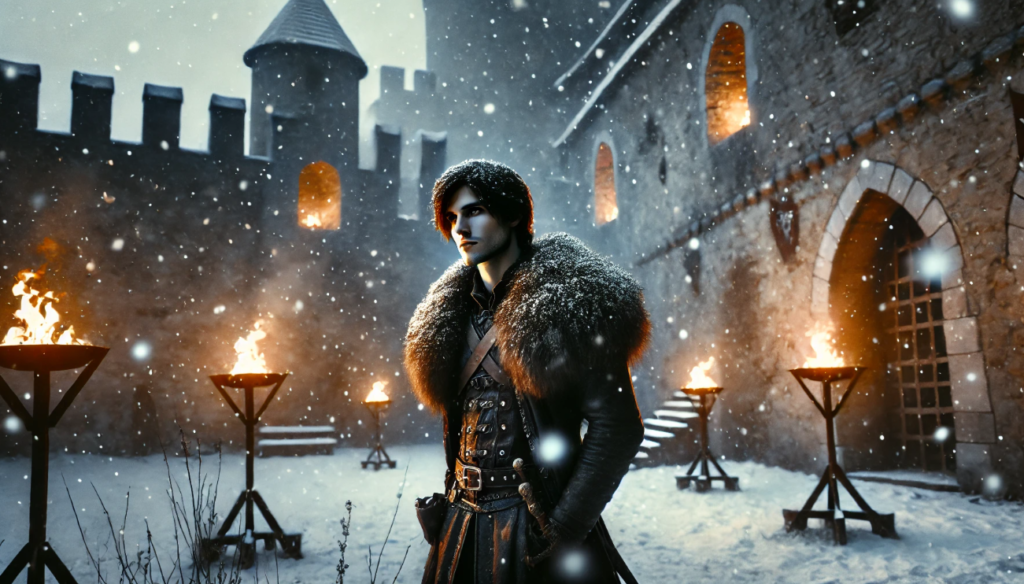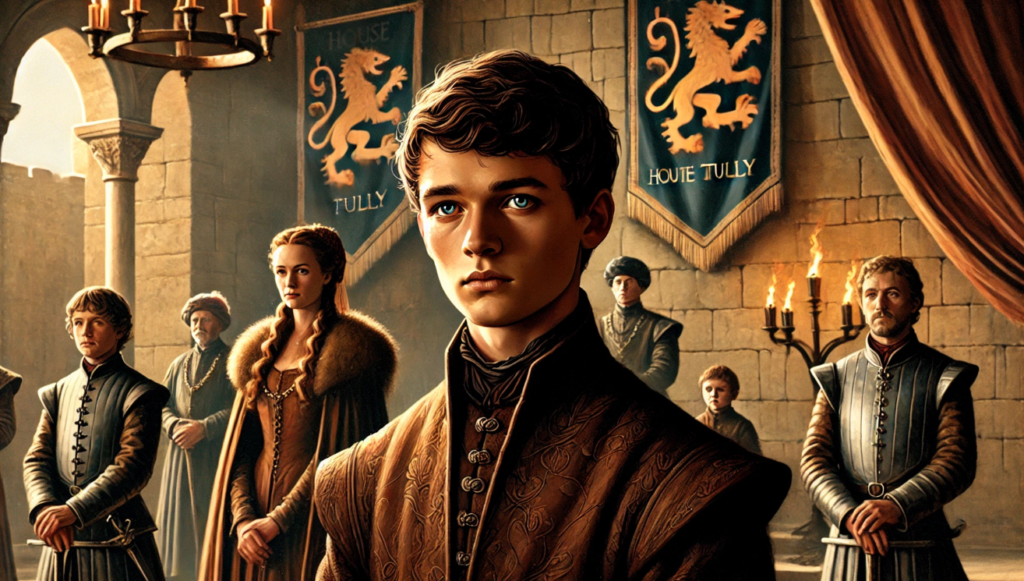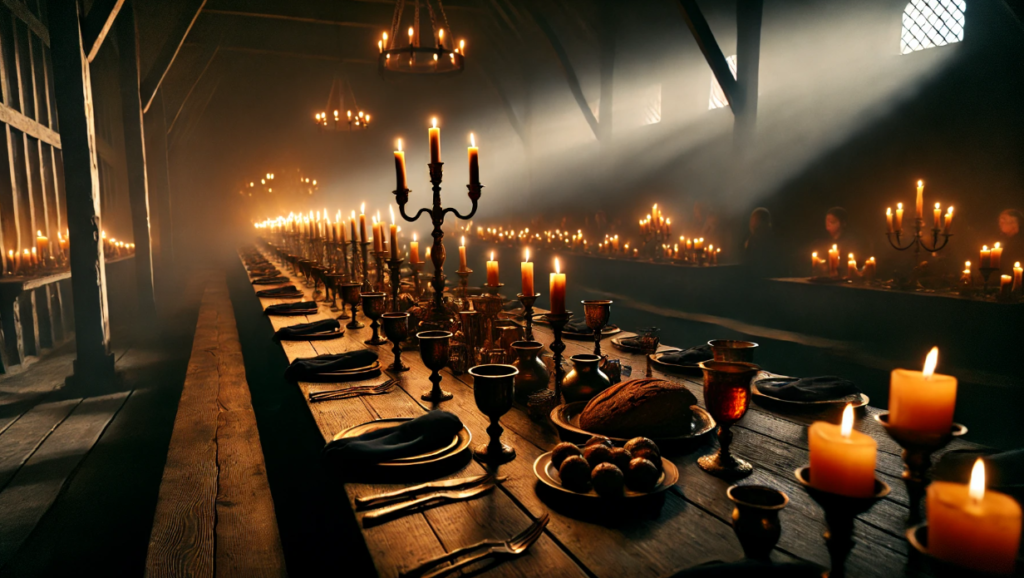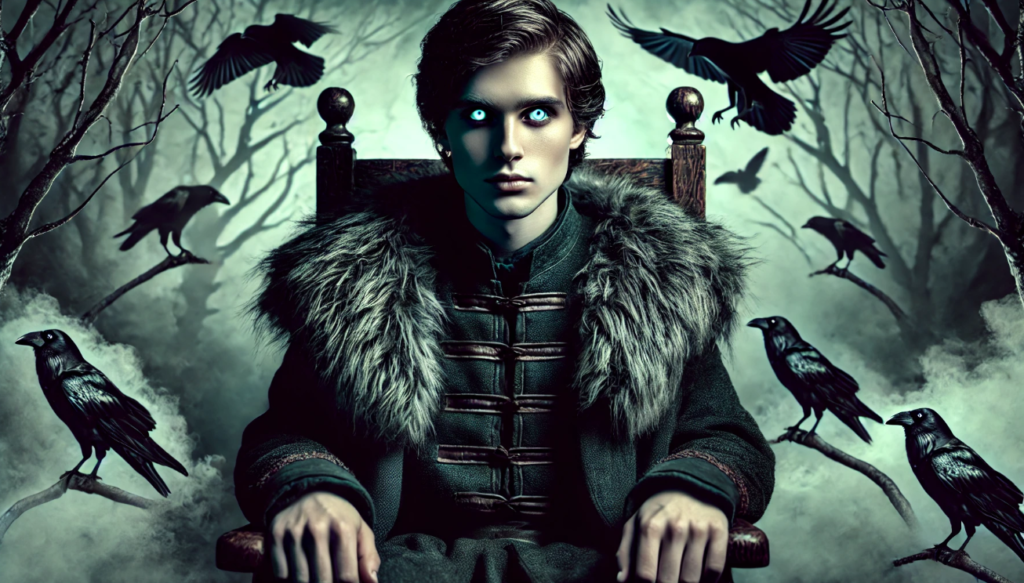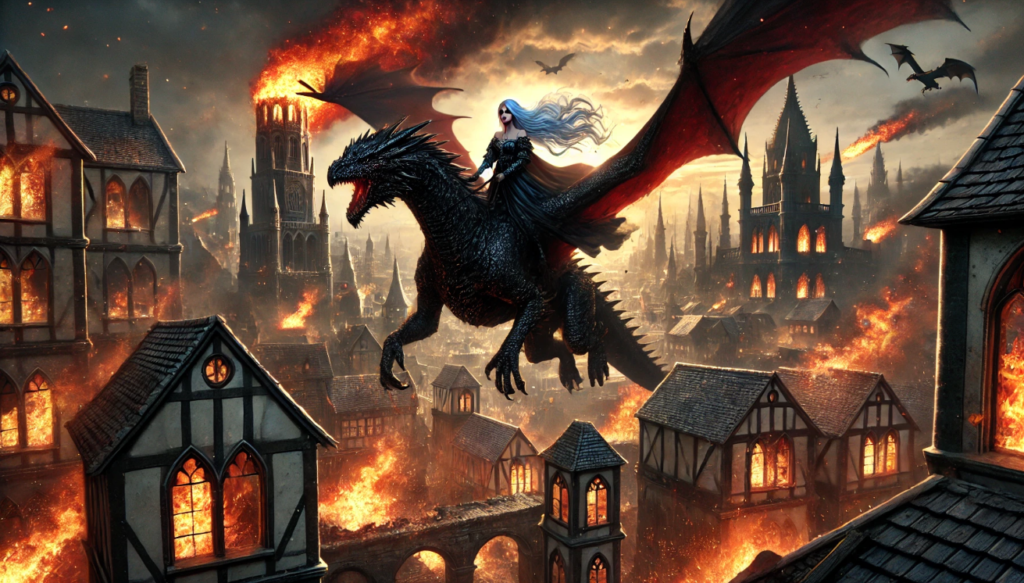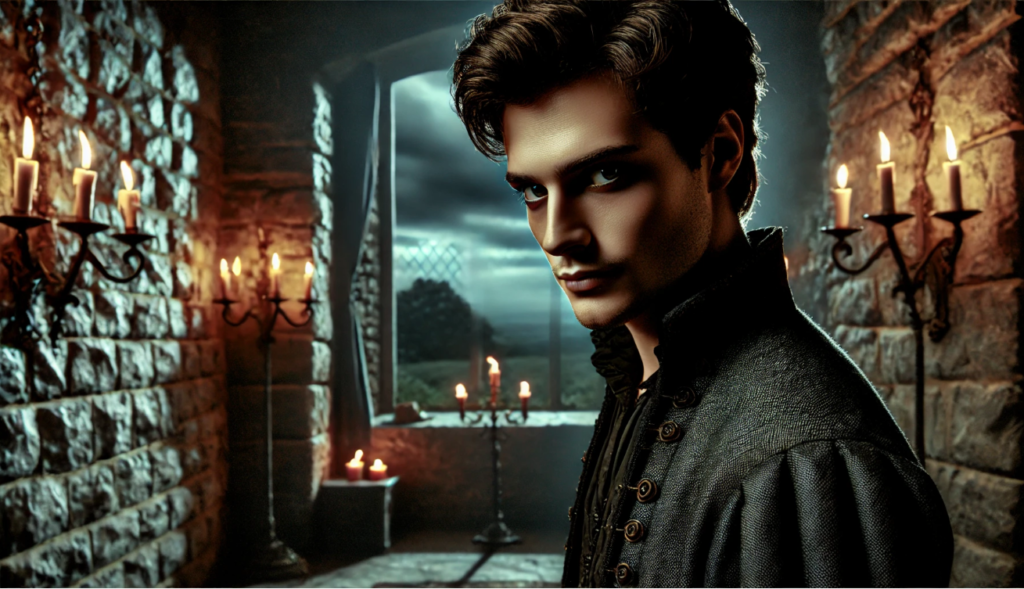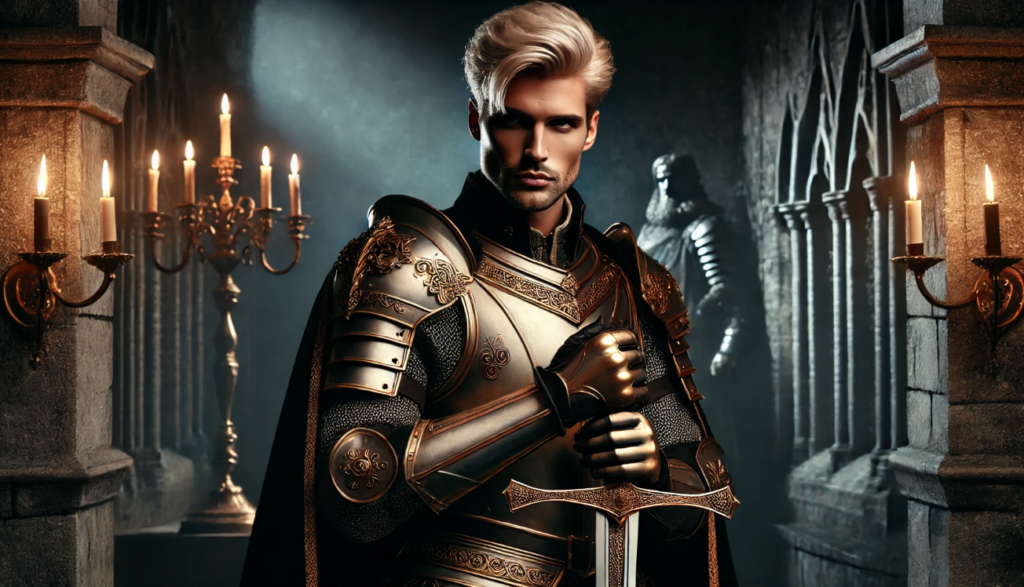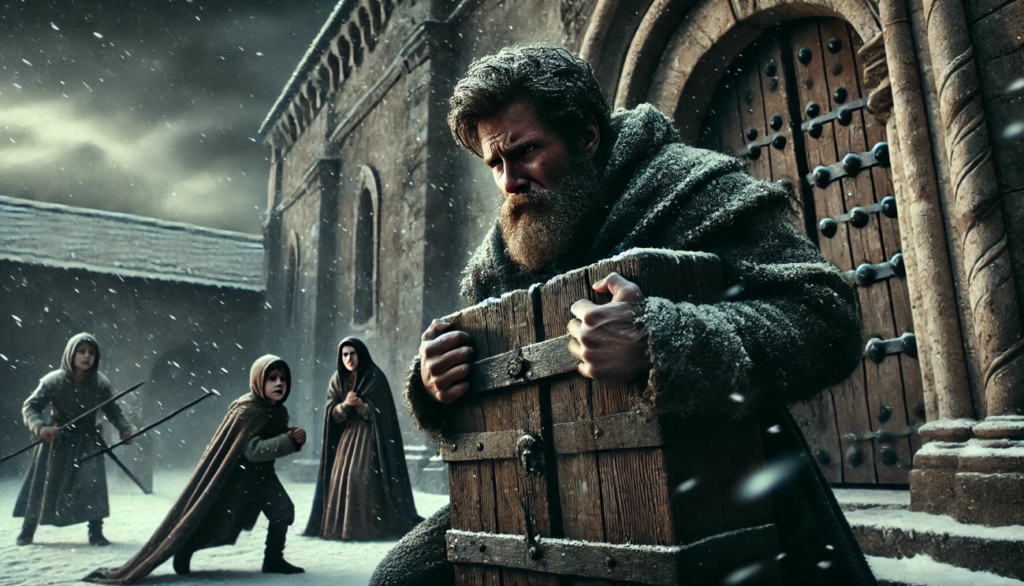
Who is the Night King?
The Night King is a central antagonist in the television series Game of Thrones. He is the leader of the White Walkers, a race of undead creatures that pose a significant threat to the people of Westeros. Throughout the series, the Night King and his army of White Walkers are portrayed as a looming danger, with their ultimate goal being to bring about an apocalyptic winter and wipe out all of humanity. The Night King’s presence and actions drive much of the conflict and tension in the show, and his storyline comes to a dramatic climax in the final season.
In the early episodes of the show, the main characters are introduced and the central plotlines begin to develop. Viewers are introduced to the setting of the show and get a sense of the tone and themes that will be explored. Additionally, early mentions of key plot points and first appearances of important characters often occur, setting the stage for the rest of the series. These early moments are crucial for establishing the foundation of the show and drawing viewers in.
Popularity as a cultural icon and fan fascination with his mystery can be attributed to a variety of factors. Elvis Presley’s impact on music, fashion, and popular culture has left a lasting legacy that continues to captivate audiences around the world. His charismatic stage presence, unique voice, and boundary-pushing style made him a larger-than-life figure in the entertainment industry. Additionally, his personal life and untimely death have contributed to the enigmatic aura that surrounds him, fueling fans’ fascination with his life and legacy. Overall, Elvis Presley’s enduring popularity as a cultural icon and the ongoing interest in his mysterious persona are testaments to the impact he had on the world of entertainment.
The Creation of the Night King
In a pivotal scene from Game of Thrones Season 6, we witness the Children of the Forest creating the Night King in a desperate attempt to turn the tide of the war between the First Men and their own kind. Using a dragonglass dagger, they drive it into the chest of a man, transforming him into the Night King. This act has far-reaching consequences for the entire realm, as the Night King goes on to become a formidable and terrifying force in the battle for the Iron Throne. This moment is a crucial turning point in the history of Westeros and sets the stage for the epic struggle that unfolds in the subsequent seasons.
The man who became the Night King is a figure shrouded in mystery and speculation. In the Game of Thrones universe, it is not explicitly stated who he was before becoming the Night King. However, there are theories and speculations that he may have been a specific individual of importance, possibly a Stark or a member of the First Men. The show hints at his origins being tied to the Children of the Forest and their magic, but the specifics remain open to interpretation.
The symbolic meaning behind his creation represents the unintended consequences of war. It serves as a powerful reminder of the devastating impact that war can have on individuals and communities, and the long-lasting repercussions that can result from conflict. This creation can be seen as a powerful commentary on the human cost of war and the need for peaceful resolution of conflicts.

The Night King’s Powers and Abilities
Control over the White Walkers and wights is typically held by the Night King, who is considered their leader. The White Walkers act as the commanding officers, while the wights are the foot soldiers in their army. The Night King has the ability to raise the dead and turn them into wights, expanding his army and increasing his control. It is important to note that the Night King’s ultimate goal is to bring an endless night and destroy all of humanity.
Immortality and resilience to conventional weapons are often characteristics associated with mythical or supernatural beings, such as vampires, gods, or demons. In fiction and folklore, these traits are used to create powerful and enduring characters that add excitement and suspense to storytelling. While these abilities are fascinating to explore in literature and entertainment, in reality, they are not achievable for humans. It’s important to remember that real life is not like the stories we see in movies or read in books.
It is speculated that the Night King possesses a high level of intelligence and strategic thinking, as evidenced by his ability to effectively raise the dead, create new White Walkers, and manipulate the weather. These abilities require careful planning and decision-making, indicating that the Night King is a formidable and cunning adversary.

The Night King’s Motivations
The Night King’s motives remain ambiguous for several reasons. Firstly, the character is purposely enigmatic, adding to the mystique and fear surrounding him. Additionally, the show’s creators have chosen to focus on the immediate threat of the Night King and his army rather than delving into his backstory or motivations. This leaves room for interpretation and speculation, keeping audiences engaged and intrigued. Finally, the ambiguity allows for the possibility of future storytelling opportunities, whether in the form of prequels, spin-offs, or expanded universe material.

Theories about his purpose:
Some fans may interpret revenge against the Children of the Forest as a justified response to the harm they have caused to humans, while others may see it as a betrayal of the show’s themes of forgiveness and redemption. The show’s narrative portrays the conflict between different factions as a complex and morally ambiguous struggle, leaving room for various interpretations and perspectives. Ultimately, revenge against the Children of the Forest reflects the darker aspects of human nature and the consequences of seeking retribution.
The Night King’s Impact on Westeros
The devastating consequences of his actions:
The destruction of the Wall and the raising of Viserion as an undead dragon poses a severe threat to all life in Westeros. With the ability to breathe blue fire and an insatiable hunger for destruction, this powerful creature now serves as a weapon for the Night King and his army of the dead. The potential devastation and loss of life that this poses is a grave concern for the entire realm. Efforts must be made to unite against this formidable threat in order to protect Westeros from imminent danger.
The existence of a common threat, such as the White Walkers, served as a unifying force for characters like Jon Snow, Daenerys, and others in the Game of Thrones series. It brought together individuals from different backgrounds and allegiances, forcing them to set aside their differences and work together in order to combat a shared enemy. This common threat allowed for alliances to form and for characters to unite in the face of a greater danger, ultimately highlighting the importance of solidarity and cooperation in the face of adversity.

The Night King’s Defeat
Arya Stark played a pivotal role in the Night King’s death by using her quick thinking and combat skills to outmaneuver him and deliver the killing blow. Her bravery and determination in that moment were crucial in turning the tide of the battle and ultimately saving countless lives. It was a defining moment for her character and a significant turning point in the battle against the White Walkers.
The Long Night episode of Game of Thrones has sparked controversy and passionate fan reactions due to its sudden end. Many fans were surprised and even upset by the unexpected conclusion of certain characters’ storylines. The episode has prompted heated discussions and debates among viewers about the decisions made by the show’s creators. Overall, the controversy and fan reactions to The Long Night episode demonstrate the strong emotional investment and connection that fans have with the show.
That is a matter of personal opinion. Some may find his defeat satisfying as it provided closure to the storyline, while others may feel that it was a missed opportunity for deeper storytelling. Ultimately, it depends on individual preferences and interpretations of the narrative.

Legacy of the Night King
The Night King’s lasting influence on the Game of Thrones fandom is significant, as his character and storyline have sparked numerous discussions and debates among fans. One of the key lessons drawn from his story is the unintended consequences of power and conflict. His rise to power and the ensuing battle against him highlighted the destructive nature of unchecked power and the devastating impact of war. Furthermore, the Night King’s history has enriched the mythology of the Game of Thrones universe by adding depth and complexity to the lore. His connection to the Children of the Forest and the creation of the White Walkers added a new layer to the history of Westeros and the ancient forces that have shaped the world.

Conclusion
The Night King was created by the Children of the Forest as a weapon to defend themselves against the First Men. Over time, he turned on his creators and became the leader of the White Walkers, a formidable and terrifying force in the world of Game of Thrones. His journey culminated in his demise at the Battle of Winterfell, where he was ultimately defeated by Arya Stark. This marked the end of his reign of terror and the threat posed by the White Walkers. The history of the Night King is significant in the context of Game of Thrones as it serves as a central plotline throughout the series.


